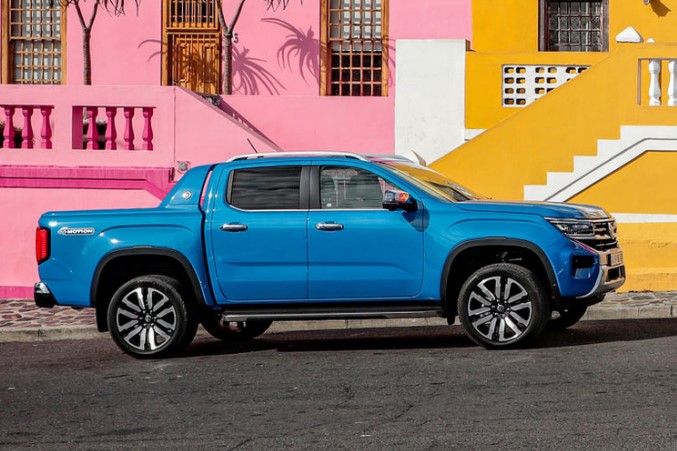The Government has changed its mind about how it taxes double cab pick-up trucks, a week after it said that from July 1, 2024, these trucks would be treated like cars for tax purposes.
Now just a week after announcing this, and after outcry from the motor retail industry, it has decided to cancel the plan.
The original idea was that from July 1, 2024, any newly registered double cab pick-up trucks with a payload of one tonne or more - previously classed as light commercial vehicles - would be considered cars instead of goods vehicles for tax reasons. This would affect things like capital allowances and benefit-in-kind.
However, after facing criticism from the SMMT, the Government decided to backtrack. They realized that the change would increase costs for businesses and individuals. So, they decided to keep the current rules in place. This means that double cab pick-up trucks will still be treated as goods vehicles, and people can keep benefiting from the old tax rules.
The Government said they understand that the new rules might not be fair to businesses and individuals, especially those in farming and transportation. They will now talk to people about the new laws before making them official in the next Finance Bill.
In a update posted on the Government website, it said: “The government has acknowledged that the 2020 court decision and resultant guidance update could have an impact on businesses and individuals in a way that is not consistent with the government’s wider aims to support businesses, including vital motoring and farming industries.”
Nigel Huddleston, who works for the Treasury, said, "We will change the law to avoid any unintended problems for farmers, van drivers, and the UK economy."
The above does not affect double cab pick-ups with a payload of less than one tonne as they will continue to be treated as cars.
Ian McMahon, automotive partner at UHY Hacker Young, said he firmly believes that the ability for the motor sector to plan and effectively facilitate change is fundamentally based on clear policy decision.
"In recent times we have seen the ZEV mandate shift, and uncertainty on the business in kind rates for specific EV’s or Double Cabs does not promote confidence for buyers. We can only imagine the number of calls and hard work by vehicle admin teams, fleet vehicle departments, lease brokers and accountants, from concerned customers between the initial notice and the U-turn," he said.
"Perhaps more consultation with the industry would assist in offering a clear direction for policy makers and allow the industry to work towards a shared, longer-term strategy."



















Login to comment
Comments
No comments have been made yet.